As climate change heats up Europe's south, tourism is slowly moving north. In line with the EU's Tourism Agenda 2030, countries are striving to make their tourism sectors greener, more digital and more sustainable, with some even shifting their focus to promoting less traditional destinations. At the same time, others are finding ways to ease the burdens of overtourism in popular destinations.
Destructive fires, temperatures topping 40 degrees Celsius and tourists dodging possible catastrophes by staying home: Will climate change transform tourism - not least in the Mediterranean?
July was the hottest month on record, according to data from the EU's Copernicus climate change service. Deputy director Samantha Burgess, referring to calculations by the Intergovernmental Panel on Climate Change, said it hasn't been this warm for at least 120,000 years.
Regions which welcome a large share of holidaymakers are also those hardest hit by climate change. In Greece, thousands of tourists have been evacuated in July from the islands of Rhodes and Corfu which have been ravaged by fires touched off by suffocatingly hot weather. Italy has also laboured under heatwaves with the island of Sardinia melting in temperatures of 48 degrees Celsius.
Will holidaymakers be drawn to Sweden or Ireland instead of the Mediterranean in future? A survey by the European Travel Commission (ETC), the umbrella organisation of various European tourism organisations and authorities, indicated the first shifts. According to the survey, however, Spain is still the favourite destination for people who want to travel from June to November. It is followed by France, Italy, Greece and Croatia.
On the one hand, 'there is (currently) no change in booking behaviour due to the prolonged heat wave in southern Europe,' says Norbert Fiebig, President of the German Travel Association DRV. On the other hand, of the 6,000 people surveyed across Europe, 10 percent fewer are planning a trip to the Mediterranean compared to last year. In contrast, the Czech Republic, Bulgaria, Ireland and Denmark have seen an increase in popularity. ETC attributes this to travellers seeking less crowded locations and milder temperatures.
'We expect travel flows in Europe to be more influenced by unpredictable weather conditions in the future,' says Eduardo Santander, ETC Executive Director. Travellers are more likely to avoid southern destinations during heat waves. 'This could lead to more Europeans being drawn to destinations in Central and Eastern Europe in search of milder temperatures during the summer months.' Southern destinations could then in turn see more travellers in spring and autumn.
A study by the European Commission shows how travel behaviour could change. 'We find a clear north-south pattern in tourism demand changes, with northern regions benefitting from climate change and southern regions facing significant reductions in tourism demand,' it says.
We expect travel flows in Europe to be more influenced by unpredictable weather conditions in the future, Eduardo Santander, Executive Director at the European Travel Commission
Green potential: changing course to increase appeal
Aware of this reality exacerbated by the climate crisis, Spain wants to enhance its natural heritage, such as forests or biosphere reserves, to try to break with its usual image. The government's own tourism promotion agency has recently pointed out the need to turn the country 'into a multi-product destination', beyond sun and beach.
For the government tourism agency, this process must involve a transformation of the Spanish tourism sector - a purpose that is also included in the EU's Agenda for Tourism 2030, which especially stresses the need to install the green and digital transition at the heart of the tourism activity of the country's tourism sector.
Slovenia has already been stepping up its efforts to boost its tourism industry for years, building on its green destination slogan. With its forested areas, abundant water, opportunities for active holidays in nature and urban tourism, Slovenia is becoming an increasingly popular destination, but not for mass tourism.
The key challenges include sustainable tourism with the lowest possible carbon footprint, sustainable mobility, locally produced healthy food, and adequate human resources. By introducing sustainable practices, the population will also be able to accept the pressures of tourism more easily, which has been a problem in recent years in the most popular tourist destinations such as Bled and Bohinj.
Regional conditions influence success of tourismBosnia and Herzegovina (BiH) has great tourism potential, especially in the field of mountain and river tourism. However, this potential is recognized more by international development organisations that allocate substantial funds for the development and promotion of these potentials, rather than by domestic institutions. BiH also follows the global trends of increased interest by tourists in colder regions.
What characterises this region are extremely favourable prices for package tours, and preserved natural beauty, but problems arise from poor transport infrastructure and an unstable political situation. Little has been done to promote the tourism potential of Bosnia and Herzegovina worldwide, and what has been done has not been implemented systemically.
Regarding climate change, probably the only somewhat positive influence is the 'lengthening of the summer season', with more and more tourists choosing to spend their holidays in June and, implicitly, decreasing the pressure on the peak of the season, says Dumitru Luca, president of the Romanian National Association of Tourism Agencies (ANAT).
The milder winters of recent years have increased tourist traffic in the months between November and March. The ski resorts, however, suffer from the warming of the winter season and even with artificial snow production facilities, often must accept defeat in the battle with temperatures constantly above zero, he added.
Protecting iconic destinations from overtourismJust before lunchtime at the height of the summer season, the narrow alleys of France's iconic Mont-Saint-Michel are usually thronged with a crush of people. But come late afternoon, the same steeply ascending lanes are almost deserted.
It's a dilemma shared by dozens of other sites popular with tourists in France and elsewhere in Europe, which during summer days are filled to bursting with visitors, but empty out in the evenings and during the off season, often to the detriment of the local economy.
The small French island of Brehat is restricting the number of visitors this summer after seeing as much as 15 times its population arrive at its rocky shores in a single day. The island, home to just 377 permanent residents, is part of the EU conservation network Natura 2000 that aims to promote biodiversity by protecting habitats of the most vulnerable species.
UNESCO has also recently recommended that Venice be added to its world heritage in danger list. UNESCO said the city faces 'irreversible' damage from a range of threats, including the climate crisis and mass tourism, adding that the Italian authorities need to do more to protect it. The recommendation will be put to a meeting of UNESCO's World Heritage Committee in Riyadh, Saudi Arabia, in September. Venice has been a UNESCO heritage site since 1987.
Balancing act for local economies
The city of Paris said on Monday that its tough restrictions on the online accommodation service Airbnb were working, pointing to fewer violations of the code this year in the French capital but stiffer fines. Airbnb use has grown dramatically in recent years across the world, with the service allowing users to find accommodation in a private home rather than a hotel.
In 2021, Paris won approval from France's Court of Cassation or its restrictions, with the instance ruling they were in line with EU law. The French capital will host the summer Olympics in 2024 when accommodation prices are expected to be peaking.
'The regulatory arsenal' of the city 'is working, there are fewer infringements', the city hall said in a statement, adding that the high figures of litigation in 2021 and 2022 were due to cases being suspended pending a ruling from the EU.
In Romania, however, fiscal measures regarding fees and taxes discussed by the Bucharest Executive are criticised. Workers in the tourism field argue that an increase in taxation in tourism will be reflected in prices, which will restrict consumption and position Romania in third place in Europe in terms of VAT, after Denmark and Great Britain.
One thing sector professionals agree on is that tourism will change. While the COVID-19 pandemic drastically reduced the number of tourists, the sector is now approaching pre-pandemic levels - and with it, new challenges. The impact of climate change, the need to make the sector more sustainable and the search for solutions to overtourism will keep the sector on its toes.
This article is published weekly. The content is based on news by AFP, ANSA, AGERPRES, dpa, EFE, FENA, STA agencies participating in the enr.

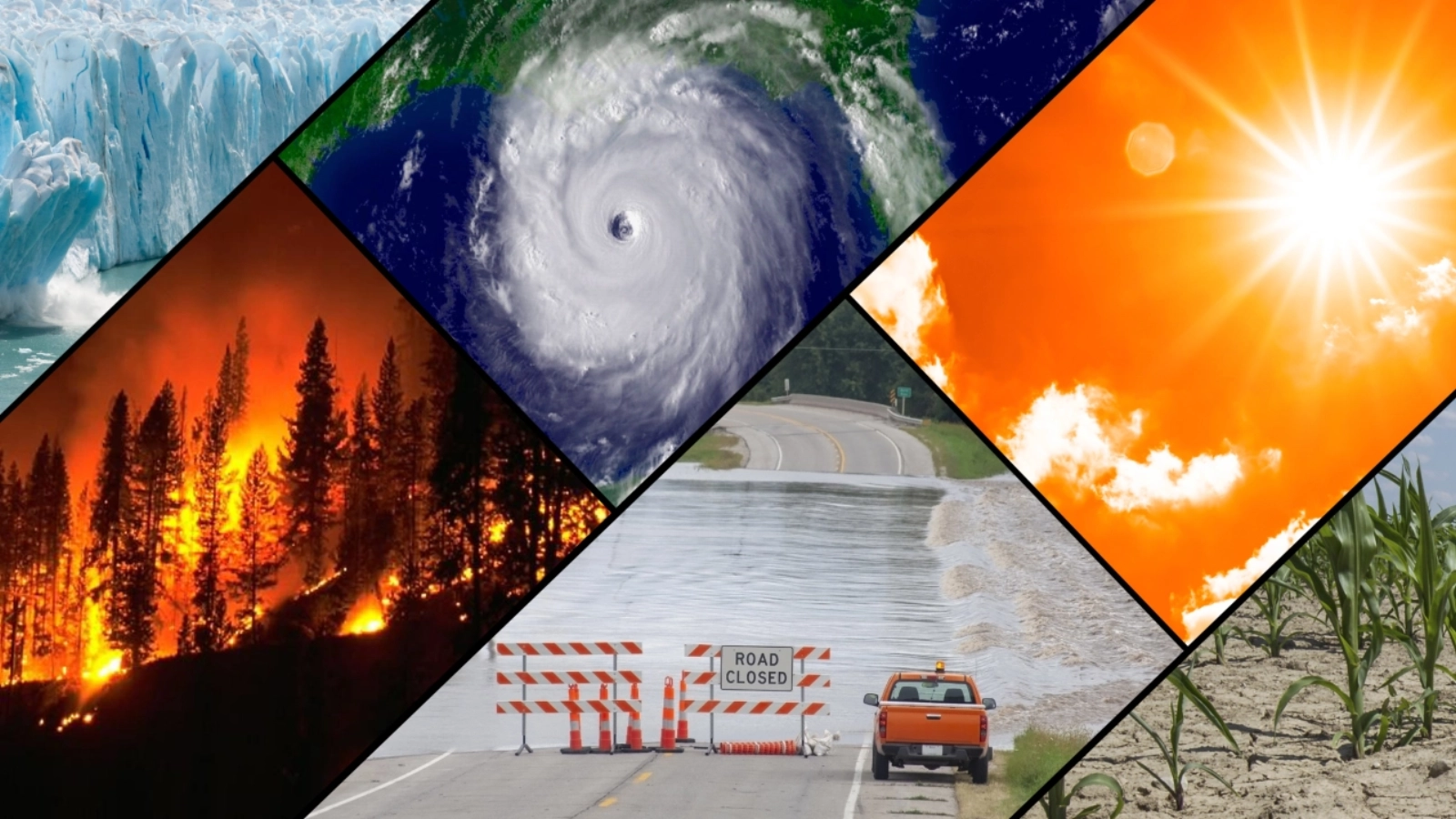




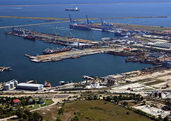
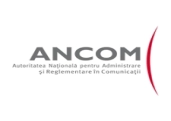
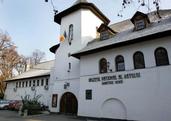


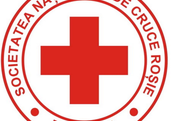









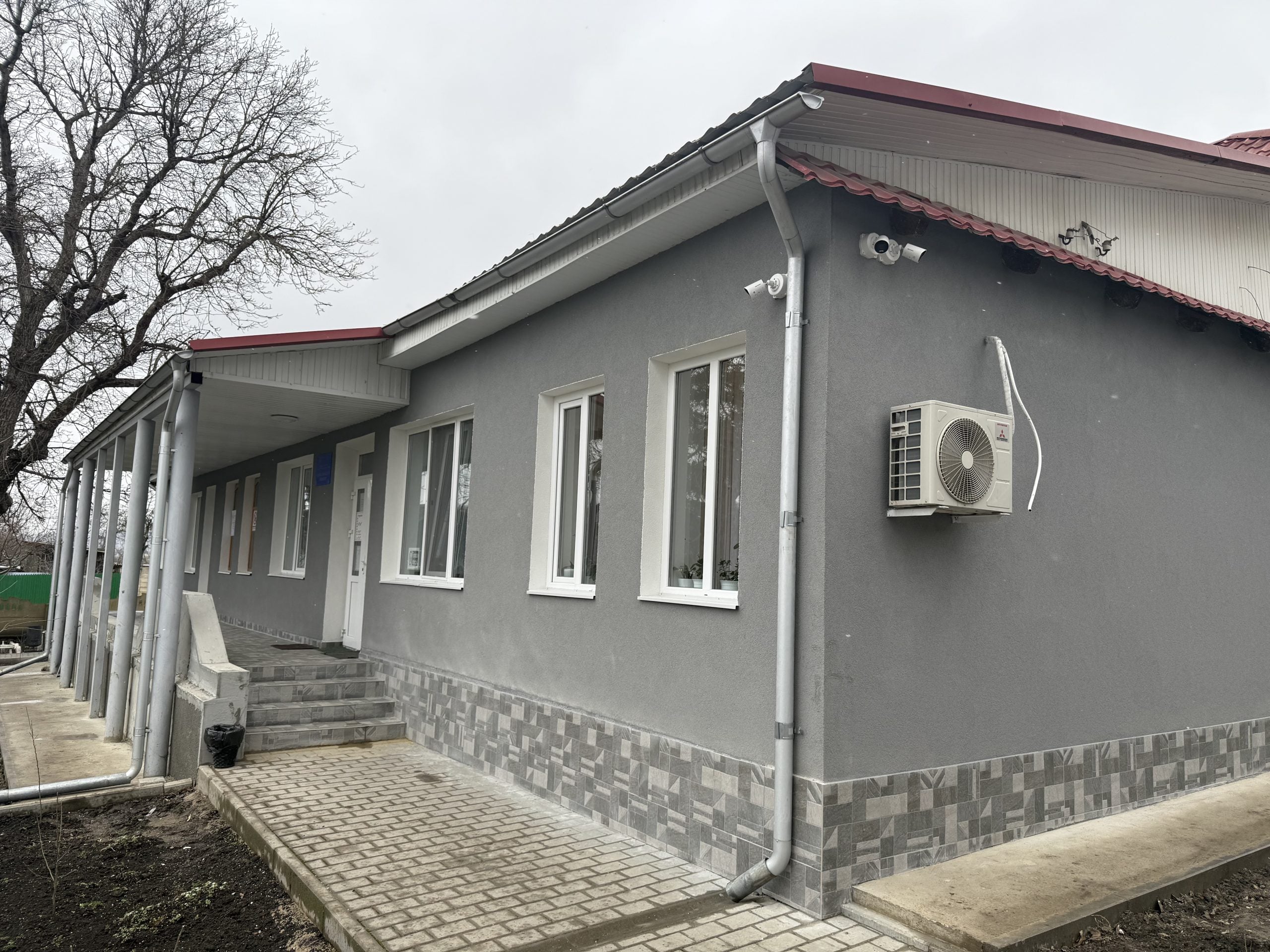

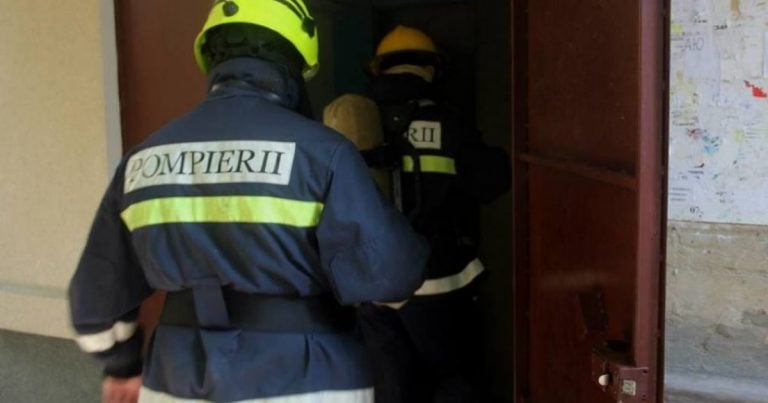








Comentează